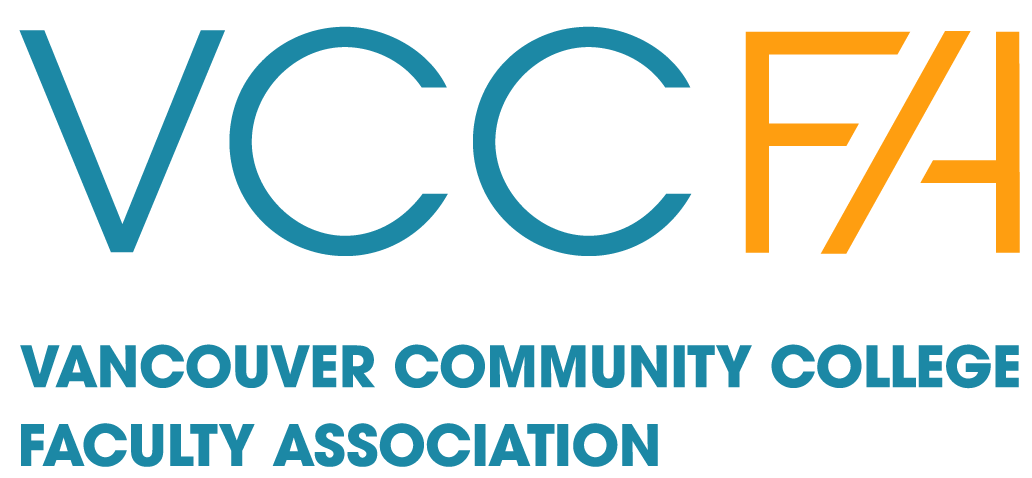The Atmospheric River approaching Canadian Colleges: a response to Minister Miller’s changes to international student visas and work permits
Dear Minister Miller, We are in a perfect storm in the post-secondary system due to a confluence of factors. Due to dwindling government funding, institutions have become reliant on revenue from international tuition. This situation has become unmanageable, and there are myriad issues both for institutions and for students themselves in terms of housing precarity, food insecurity, and lack of social supports.
Minister Miller has brought in changes intended to right a system that has gone too far. He has brought in caps to the number of international student study permits as well as limitations to postgraduate work permits for those who study at colleges.
All of this creates a challenge for those of us who work at colleges in Canada, as these changes will be disastrous for us, and yet we understand why they are occurring. We support a well-managed and fair system for international students. However, a more nuanced conversation is needed here.
Why are these changes bad for colleges?
- These changes will exacerbate labour shortages in many regions by forcing colleges only- not universities – to prove that their programs align with national labour market needs.
- Colleges are embedded in communities and seek to serve the labour needs of those communities. These changes will put colleges at odds with local needs.
- Changes to post-graduate work eligibility apply only to those studying at colleges.
- In short, colleges will bear the brunt of these changes, and the effects will be immediate and extensive.
College graduates support local businesses by becoming skilled employees in hair salons, auto repair shops, restaurants and hotels; they work in organizations like hospitals and city halls, and kitchens across communities in all sectors of the economy. A crisis in college funding lets down businesses in every village, town and city.
A funding crisis in Canadian Colleges also affects the job prospects of hundreds of thousands of Canadian citizens; citizens who want to raise their incomes and broaden the horizons of what they can achieve in life, and, more pragmatically, increase what they contribute to Canada’s tax base. A limit on international student visas is intended to reduce the number of international students in Canadian Colleges. But what it will also do is reduce the number of domestic students, students who are citizens and long-time residents of Canada, because reduced international tuition right now- or without other measures – means reduced funding across the board. Domestic students who want to retrain and raise their incomes and their standard of living may be unintentionally denied these opportunities by these caps, which are functionally cuts to college funding. This will mean greater use of and strain on social welfare programs in every province.
Regardless of what we might think about the goal of reducing international student permits in Canadian Colleges, a simple cap on visas or permits is somewhat akin to the use of a sledgehammer on a mosquito. The targeted problem will be solved, but other damage will be done to the house at the same time.
We urge the Minister to consult with the other elements of government, both federal and provincial, as well as with the institutions which will be affected by this far-reaching decision, so that a careful and nuanced decision can be reached that achieves what is needed, but also protects what needs to be preserved, including the vital role of colleges in contributing to the lives of communities and individuals in every town and city across the country.
Respectfully,
Taryn Thomson
VCCFA President
